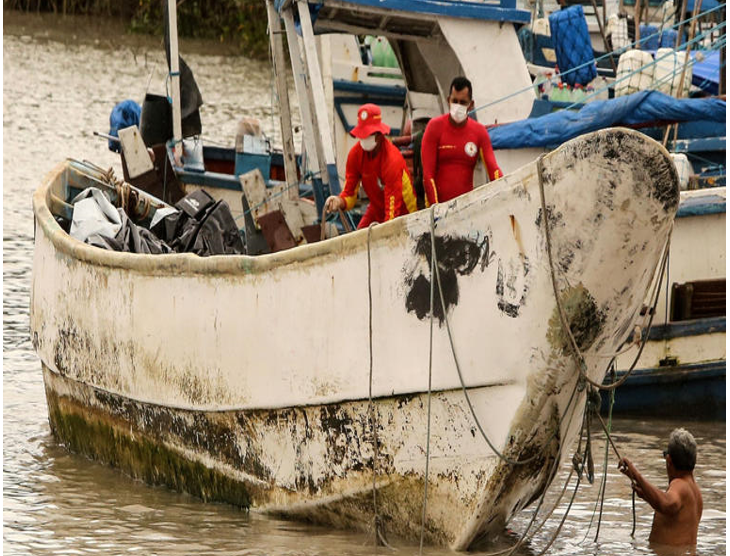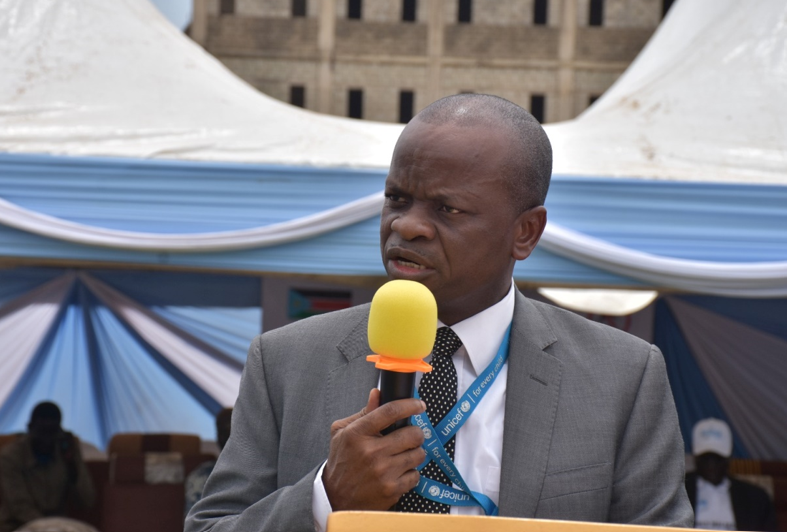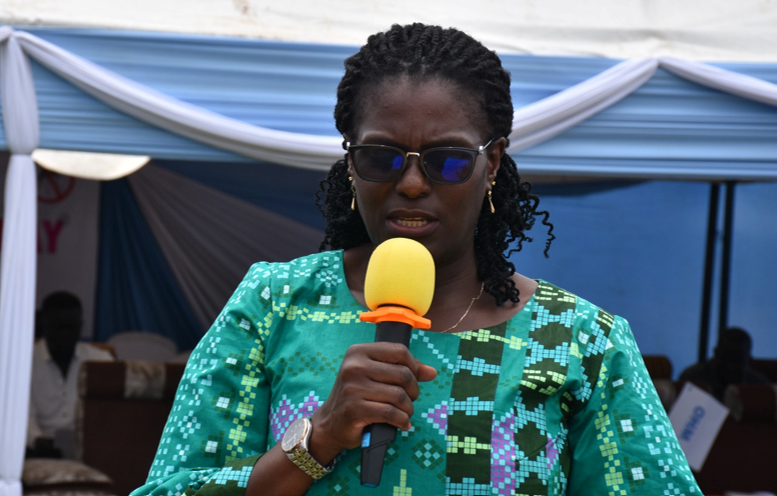US announces visa restrictions for South Sudanese over graft

The United States announced visa restrictions against several South Sudanese, accusing them of engaging in corruption and impeding the country’s peace process.
The US Department of State issued a press statement on Wednesday, noting that the individuals would be barred from visiting the US and lamenting the continued burden of graft in South Sudan.
According to Washington, “widespread corruption perpetuates the suffering and, directly and indirectly, supports conflict, thereby undermining the progress the South Sudanese envisioned when they declared statehood.”
“Today, we are announcing steps to impose visa restrictions on multiple individuals in South Sudan for undermining or impeding a sustainable peace by engaging in corruption that fuels conflict in South Sudan,” the US Department of State noted.
According to the press release, visa restrictions are being imposed under “Section 212(a)(3)C) of the US Immigration and Nationality Act.” Washington is doubling down on targeting South Sudanese with punitive measures in what it says is an effort to combat corruption and strengthen the rule of law in South Sudan.
“Leaders of all parties share responsibility for this failure and for the elite’s capture of the nation’s riches, at the expense of the country’s peace and general wellbeing,” the US stated.
The statement distinguished that the visa restrictions are specific to certain individuals and are not directed at the South Sudanese people or the Government of South Sudan. Although it did not name the targeted persons.
“The decision to pursue visa restrictions reflects the commitment of the United States to support South Sudanese aspirations to combat corruption, strengthen democracy and the rule of law, and live in peace,” it said.
According to the US government, the “US remains committed to supporting the South Sudanese people’s long-unmet expectations for peace, democracy, human rights, and a government that uses public resources for the common good.”
The move received praise from South Sudanese civil rights activist Edmund Yakani, who said the decision by the USA government to impose visa restrictions on individuals who are committing crimes of corruption and restrictions on civic space for civil society is welcome.
“Both crimes, corruption, and restriction of civic space are factors that fueled deadly violence in South Sudan.”
Yakani said the implications of corruption in society constitute actions that can be described as acts of crime against humanity.
Yakani said, “Zero tolerance for corruption is meaningless if it has punitive measures; the decision to restrict visas for corrupt individuals is a good practical measure for demanding accountability.”
On March 12, 2024, the Vice President of Economic Clusters, spoke at a validation workshop on one-stop-shop guidelines and investment opportunities in South Sudan, where he decried the high level of graft in the country.
Igga said the low ranking in the global corruption perception index has led to the apathy of prospective investors and denied the country development.
“Our country ranked among [the most corrupt] in the] corruption perception index. Unfortunately, in the whole world, this has implications for the investment in itself.”
“Don’t say that if you steal something, it cannot affect investment. It is a serious implication on the investment, and so corruption affects not only our internal investment but also the foreign direct investment into our country,” Igga argued


